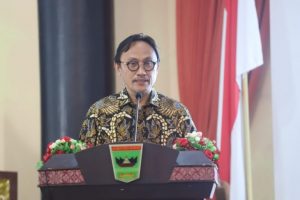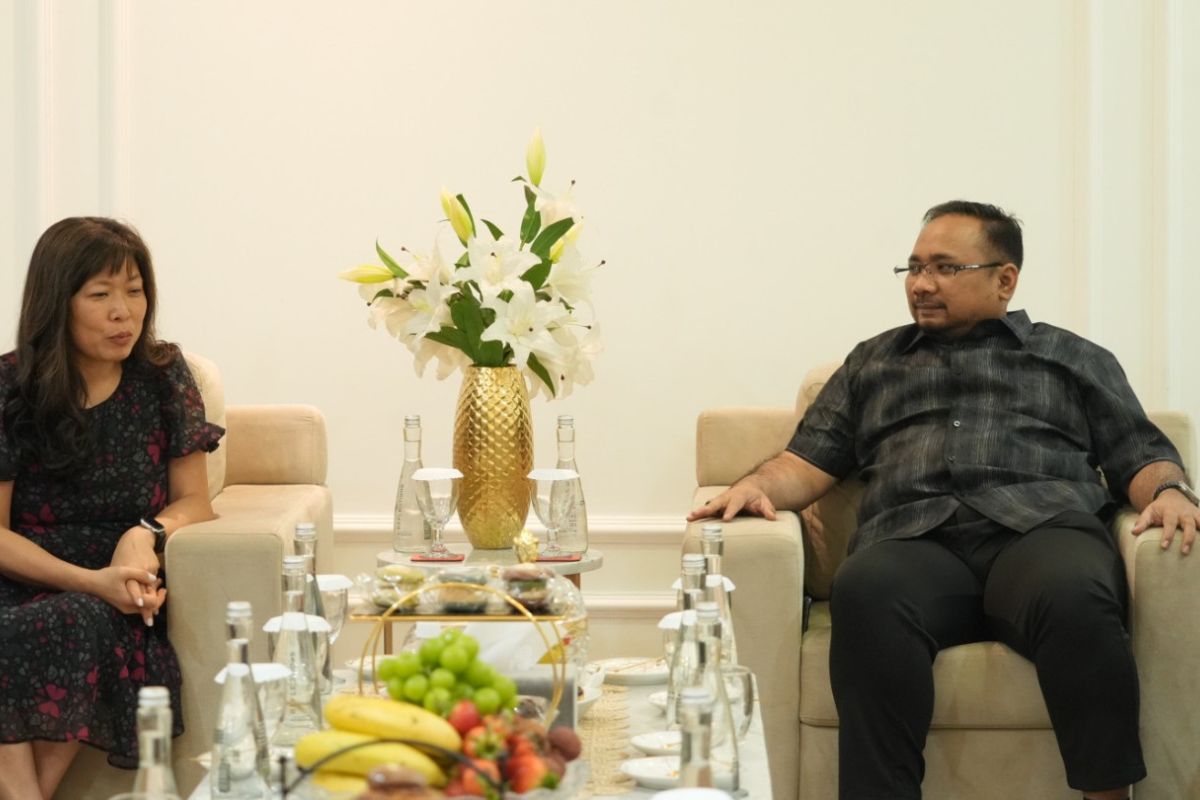Malaysia Insider
In today’s Instagram moment supplemented by a 140 character tweet and then shared on Facebook, any perception, when repeated often enough, becomes a reinforced or virtual reality.
The recently concluded World Halal Summit and the World Halal Conference in Kuala Lumpur highlighted a number issues on halal, from upstream to mid-stream to downstream and logistics, and, yet, the discussions often reverted to, ‘what is halal?’
In the eyes of most Muslims on the street, the term “halal” or permissible, and it conjectures up the mental picture of the slaughter or, the more politically correct word, sacrifice.
But, it is often incorrectly equated in the same sentence with the word, “tayyib” or purity.
For example, halal, in sacrifice context, is often equated to “stunning and machine slaughter”, and, yet, tayyib is linked to “non-stun and hand slaughter” of the animal.
The difference may be slight of hand, but the outcome is different.
In the Islamic finance context, halal would be shariah compliant, and tayyib would be shariah based.
But, the major distinction is about tolerance parameters. For example, a minor amount of impermissibility is tolerated in an Islamic finance transaction or investing (must be purification), whereas, a speck of pork DNA makes the consumption of the food impermissible all together.
Thus, at one level, it goes to the authenticity, but halal picture must also be understood in context of the food supply chain.
Today, in the bigger picture: Muslims do not control or own of the halal food supply chain, hence, integrity issues have been slowly cropping at all the streams.
But, this also rebuts the misguided allegations that halal is a Trojan horse that will erode western democracies with shariah as the constitution, that halal, more specifically, halal certification body fees, funds terrorism, and there is a Muslim tax (halal) as many of the supplied meats from places like New Zealand Australia are pre-dominantly halal sacrificed, because of export sales.
Thus, as Muslims are filling their stomachs with halal meats, they also filling the pockets of non-Muslim suppliers.
It is about jobs due to export sales, but the halal hysteria movement seems to be in favour of local unemployment and reduced sales or transfer sales to a supplier in another jurisdiction.
Thus, the narrative around halal is about a product (food/meats) and ritual sacrifice, and the conversation generally does not go any further.
It is about addressing Muslim consumerism with certain rules of engagement.
For the non-Muslims, especially veterinary agencies in places like the UK, Denmark, and other less enlightened jurisdictions, the focus is on the last six seconds of animal’s life versus the several months of factory farming inhumane conditions.
Way of life
Halal is actually about a way of living life for Muslims, a spiritual constitution, and their secular interactions with their surrounding, be it with each other, non-Muslims, animals, products, and so on.
It is ultimately about respecting others as one wants to be treated.
Thus, halal is an activity that results in a desired achievement. If done correctly, it actually showcases that different tribes have more things in common than differences. And, yet, the diversity, and not differences, is actually complimentary.
Put differently, we learn from what we do not know, if the mind is open, the heart is welcoming, and the soul is aligned.
Substance or form
For halal, the issue comes down to the form over substance debate.
Today, the narrative about halal is narrowing linked to a religious food product and only for Muslims.
To expand the narrative, there are some lessons from Islamic finance, which is further ahead of halal on development, but not necessarily global reach, as latter is in all BRICS countries, for both production and consumption.
Islamic finance is now more focusing on it’s ethical underpinning, led by the likes of Abu Dhabi Islamic Bank (Adib).
The word “ethical” has a secular appeal while conjuring the attributes of equity, justice, fairness, and inclusion.
Today, Islamic finance, according to a recent Ernst & Young study, has reached only 38 million Muslims from a population of nearly two billion.
Furthermore, Adib, as it expands outside of UAE, it will be replacing the “I” of Islamic to “i” of international, hence, maintaining its core values while linking with customer’s values.
Finally, Islamic finance in secular Turkey is called “participation finance” banking, having evolved from special finance houses.
Turkey’s approach to Islamic finance and banking has a greater appeal to Muslim countries, outside of the GCC, and non-Muslim countries. It comes to down to form describing the substance, as it is for mankind with risk sharing attributes.
Thus, are there a complimentary words for halal that evokes attributes of cleanliness, healthiness, for respectfulness for what is ingested and injected at stage one?
By taking a stage-managed approach, we are expansion branding slowly with the ability pivot based upon feedback.
If we say “ethical consumption”, it is expanding the narrative, but still remains a blessed food consumption product, but that is acceptable, as it is only a beginning.
The objective to convey a story about halal as a way of life for mankind, but with clear and concise rules of engagement, and not necessarily only about labels and logos.
The labels and logos have gotten us to where we are today, but it is a necessary step in the journey, as not the final destination.
“Never think of your problems as permanent. Treat them like clouds drifting away to clear the skies for a brighter day,” said Mufti Menk. – April 6, 2015.
* This is the personal opinion of the writer or publication and does not necessarily represent the views of The Malaysian Insider.




